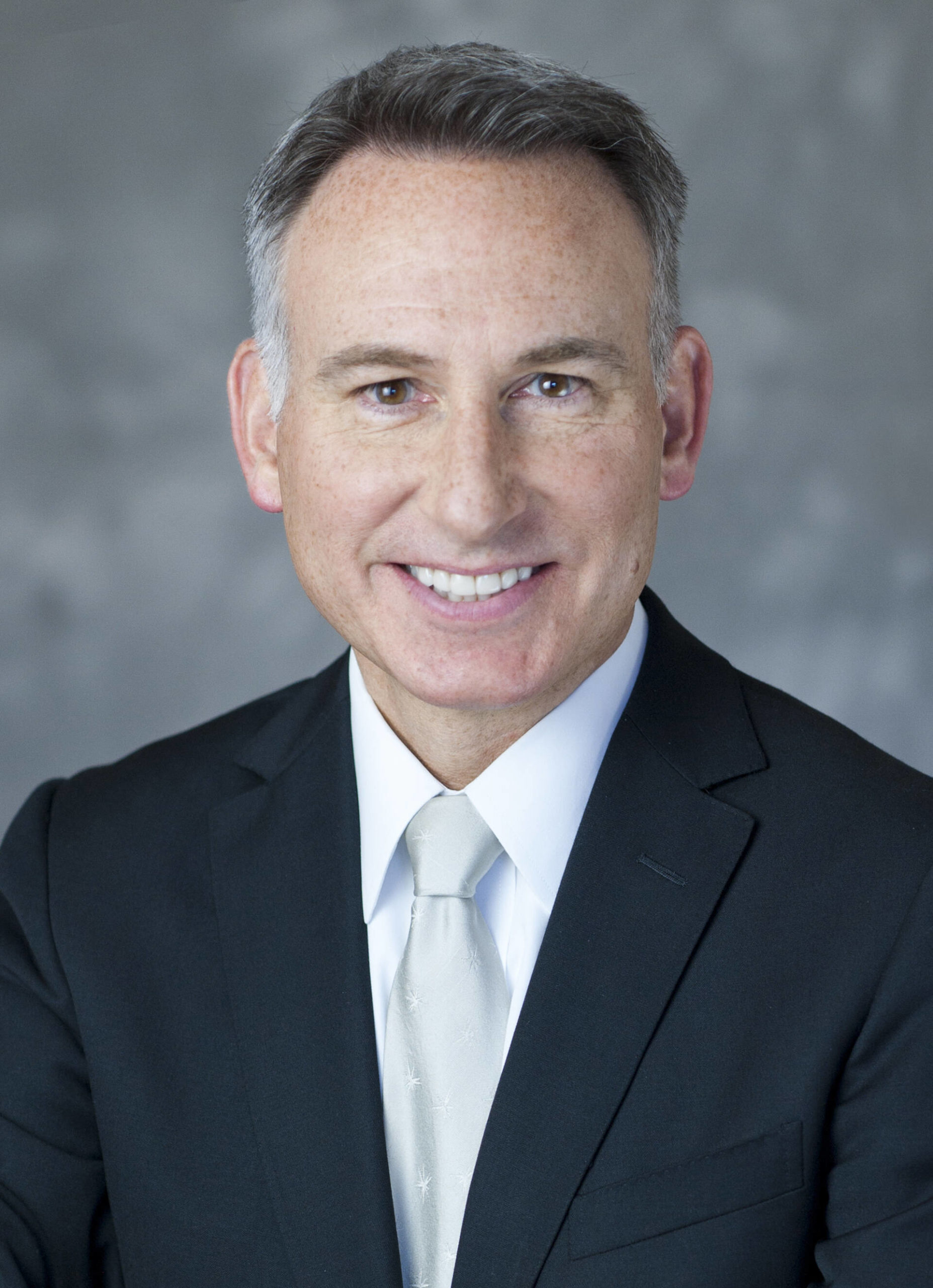A coalition of elected leaders, health care professionals, crisis responders and community organizations recently announced the development of a broad policy approach to improve the state of behavioral health availability and sustainability across King County.
King County Executive Dow Constantine was joined on Aug. 11 by Seattle Mayor Bruce Harrell, King County Councilmember Girmay Zahilay, King County Sheriff Patti Cole-Tindall, Seattle City Councilmember Teresa Mosqueda, Behavioral Health and Recovery Division Director Kelli Nomura, Representative Nicole Macri and SEIU Healthcare 1199NW.
Constantine said the health of families and communities, as well as the wellbeing of service providers, depends on creating solutions to meet the rising need for behavioral health care and timely support for people experiencing mental health distress.
“An ongoing pandemic, long-standing racial injustice, increasing levels of fatal drug use, and underfunding of human services have left people to fend for themselves, in homes and on the street, or consigned them to jails and emergency rooms,” said Constantine. “This newly formed coalition will work with all sectors, in all corners of the county, to confront this crisis with the urgency and scale required.”
The coalition works towards developing the final proposal, although Constantine is prioritizing three areas with hopes of bolstering the county’s behavioral health system. The first approach consists of building a regional network of care centers so that individuals, families and first responders can access same-day, 24/7 care for thousands of people annually.
The second priority is restoring and expanding the residential mental health bed capacity, which assists individuals with recovering for extended periods of time; as a result, this leads to more effective, more accessible and more equitable care.
The final priority consists of developing a workforce to staff behavioral health care services, and includes evaluating compensation models and creating recruitment and retention strategies for both credentialed and non-credentialed behavioral health care workers.
“The King County Sheriff’s Office has long recognized that our community needs thoughtful and innovative alternatives to meet the acute needs of persons experiencing a behavioral health crisis,” said King County Sheriff Patti Cole-Tindall. “We continue to hear from communities about concern for public safety and it is clear when people are not able to access the behavioral health care they need, it puts families and communities at risk.”
Currently, King County is without a walk-in behavioral health urgent care facility, and only one 46-bed behavioral health crisis facility is open for the entire county. The region’s only voluntary crisis facility resource, Crisis Solutions Center, requires a first responder or hospital referral due to the limited capacity.
According to King County, residential treatment beds have been following a steady decline. In 2018, there were 355 available beds for mental health residential care while today, only 244 beds are available. In 2022, individuals in King County wait on average 44 days to be placed in a mental health residential bed, according to the county.
“Our ability to respond to behavioral health crisis events is itself in crisis,” said Michelle McDaniel, CEO of Crisis Connections. “As one of the primary connectors of people in crisis to services, Crisis Connections sees firsthand how deeply under resourced the behavioral health system is in our region.”
McDaniel added that without urgent action, people experiencing crisis — in addition to the staff and organizations that care for people, and the community at large — are at risk.
In the 2022 legislative session, lawmakers invested in behavioral health which included funding for mobile crisis services, rate increases for community based Medicaid and non-Medicaid services and one-time payments for behavioral health providers.
Naomi Morris is a nurse with SEIU Healthcare 1199NW who works in the Program for Assertive Community Treatment, which is a team designed to support individuals so they avoid being placed in hospitals or jails.
“Our program works, but the system is failing us right now because my colleagues and I are being asked to do the impossible,” said Morris, who mentioned how low wages and high stress levels have turnover rates so high. Morris said she is also the only nurse on the team when there should be three nurses. “I’m also the only person of color on my team. We need more workers, and they need to match the community — but we will only get there if we support workers. This needs to be a profession that people can make a career in, leave their workday with a sense of accomplishment, and be healthy.”
Once the proposal is finalized and approved, King County will work with state agencies, state legislators and behavioral health providers to partner in addressing key priorities within the behavioral health and crisis response system.
The policy proposals will be delivered to the King County Council alongside Executive Dow’s 2023-2024 biennial budget next month.
Talk to us
Please share your story tips by emailing editor@kentreporter.com.
To share your opinion for publication, submit a letter through our website https://www.kentreporter.com/submit-letter/. Include your name, address and daytime phone number. (We’ll only publish your name and hometown.) Please keep letters to 300 words or less.

